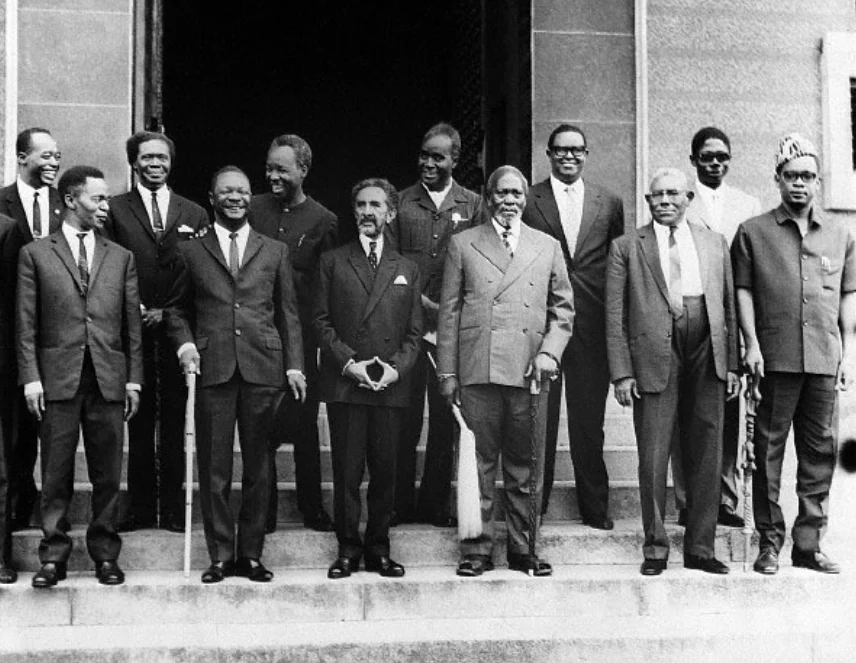Organisation of African Unity (OAU): The Emergence of a Pan-African Rhetoric
Post By Diaspoint | January 26, 2025

The Organisation of African Unity (OAU), established on 25 May 1963, was the culmination of a number of diverse and far-reaching historical currents and political trends both on the African continent and abroad. Of particular import to the ideological formation of the OAU was the late 19th century Pan-Africanist movement which emerged in the United States of America (USA) among Black American intellectuals such as Martin Delany and Alexander Crummel, who drew similarities between Africans and Black Americans. The sentiment among these intellectuals centred on the belief that in order for black civilization to prosper, it was necessary to establish their own nation free from the USA where they would be able to pursue self-determination with dignity. Largely influenced by their own religious – mainly Christian – beliefs, early Pan-Africanists sought to advance the spirit of Pan-Africanism through missionary work on the African continent.
The ad hoc and wavering Pan-Africanist train of thought began to consolidate itself through the scholarship of W.E.B. Du Bois, a staunch advocate of African culture and history, who propounded the idea that colonialism lay at the heart of Africa’s economic, political and social problems. Building on this, Marcus Garvey, a Black nationalist, further urged the return of Africans to the continent, which he attempted to facilitate through the establishment of a shipping company, the Black Star Line, aimed at transporting Black Africans back to Africa. This venture was unsuccessful due to obstruction by both the US and British authorities concerned with the future of their colonies.
On the continent itself, a number of prominent intellectuals and heads of state such as Kwame Nkrumah of Ghana, Julius Nyerere of Tanzania, Sékou Touré of Guinea and Kenneth Kaunda of Zambia took up the cause of advancing the Pan-African ideal. A series of Pan-African Congresses were convened to further the interests of African peoples and discuss methods to achieve unification, and at the fifth Congress held in Manchester, England and attended by Nkrumah, among others, a number of significant aspirations and concerns were voiced. The Congress advocated for the “complete independence of the African continent and total rejection of colonialism and exploitation in all its forms,” and called for the unification of Africa through regional blocs and the adoption of democracy. The Congress also voiced the importance of economic regeneration to replace colonial economies geared towards primary resource extraction and exploitation resulting in a phenomenon that would later be termed ‘Dutch disease’. Of security matters, the Congress preferred to assume a stance of “positive neutrality” or non-interference, for which the OAU would later come under scrutiny.
Read Full story from original source
Read More from original source
